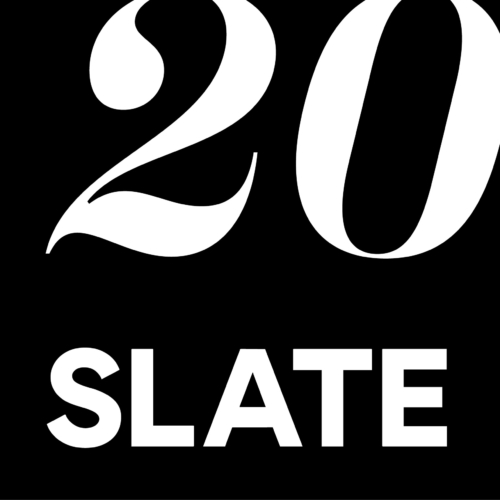SFDR
Sustainable Finance Disclosure Regulation
Slate Asset Management L.P. and/or its affiliates (the “Firm”) will have regard to Regulation (EU) 2019/2088 of the European Parliament and of the Council of 27 November 2019 on sustainability‐related disclosures in the financial services sector (the “SFDR”) when making investment decisions and engaging in fund reporting.
1. Transparency of Sustainability Risk Policies (Article 3 SFDR)
Sustainability risks are integrated into the investment decisions of the Firm and are considered throughout the investment process as follows in accordance with the Firm’s environmental, social or governance (“ESG”) framework and its ESG policy. The SFDR defines “sustainability risk” as ESG events or conditions that, if they occur, could cause an actual or a potential material negative impact on the value of the investment. The Firm has integrated sustainability risks, as a sub-set of risks generally that could cause an actual or potential material negative impact on the value of an investment, into its investment decision-making process. The Firm will conduct sustainability risk-related due diligence and/or take steps to mitigate sustainability risks and preserve the value of the investment. Further information on how sustainability risks are integrated into investment decisions, including any relevant policies, is available to investors upon request from the Slate Investor Relations Team and the Slate ESG webpage.
2. No Consideration of Adverse Impacts of Investment Decisions on Sustainability Factors (Article 4 SFDR)
The Firm has evaluated the requirements of the principal adverse impacts regime as set out in Article 4 of the SFDR, and in the Regulatory Technical Standards of Commission Delegated Regulation (EU) 2022/1288. The Firm does not currently consider adverse impacts of investment decisions on sustainability factors as defined by the SFDR. The Firm has chosen not to do so presently as it considers its existing ESG policies and procedures to be appropriate, proportional and tailored to the investment strategies of its funds. The Firm intends to continually review this position and work towards developing more data over time in order to facilitate such considerations.
3. Transparency of remuneration policies in relation to the integration of sustainability risks (Article 5 SFDR)
The Firm seeks to make remuneration an effective means for attracting and retaining employees who contribute to various aspects of performance while ensuring appropriate risk management and compliance on the part of all employees. The Firm’s remuneration practices are designed to promote sound and effective risk management and not to encourage risk-taking which is inconsistent with the risk appetites or profiles of the investments being overseen. Variable compensation for employees is primarily based on a weighting of individual and firm performance against certain relevant objectives. All employees receive a rating which is a function of both behaviour and performance, which ensures performance is assessed not only on what is achieved but also on how it is achieved. These factors include consideration of performance for certain employees where specific sustainability targets are present or where certain of their duties have relevant sustainability outcomes. Further, performance ratings are impacted in cases of an employee’s non-compliance with policies, including the Firm’s ESG Policy.

